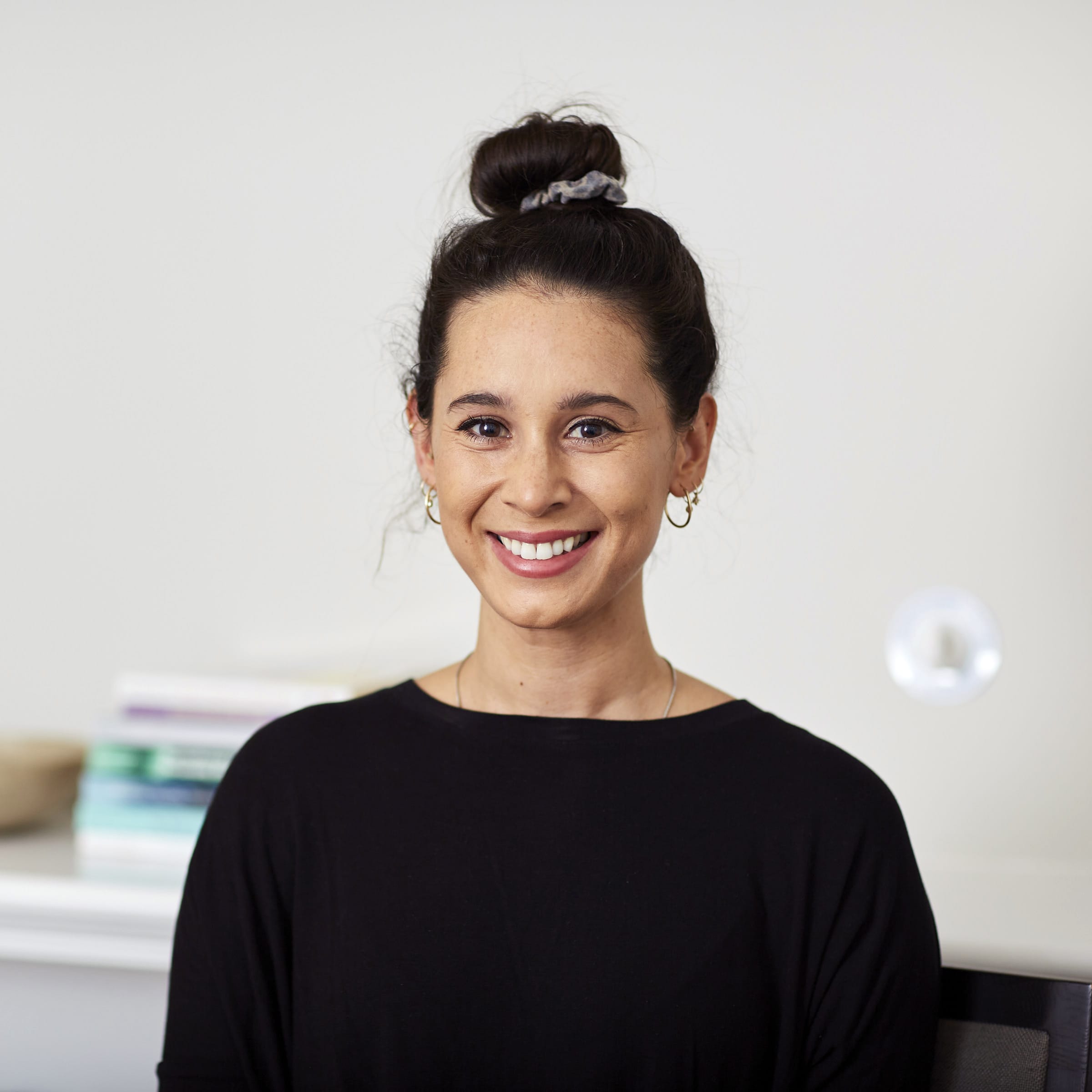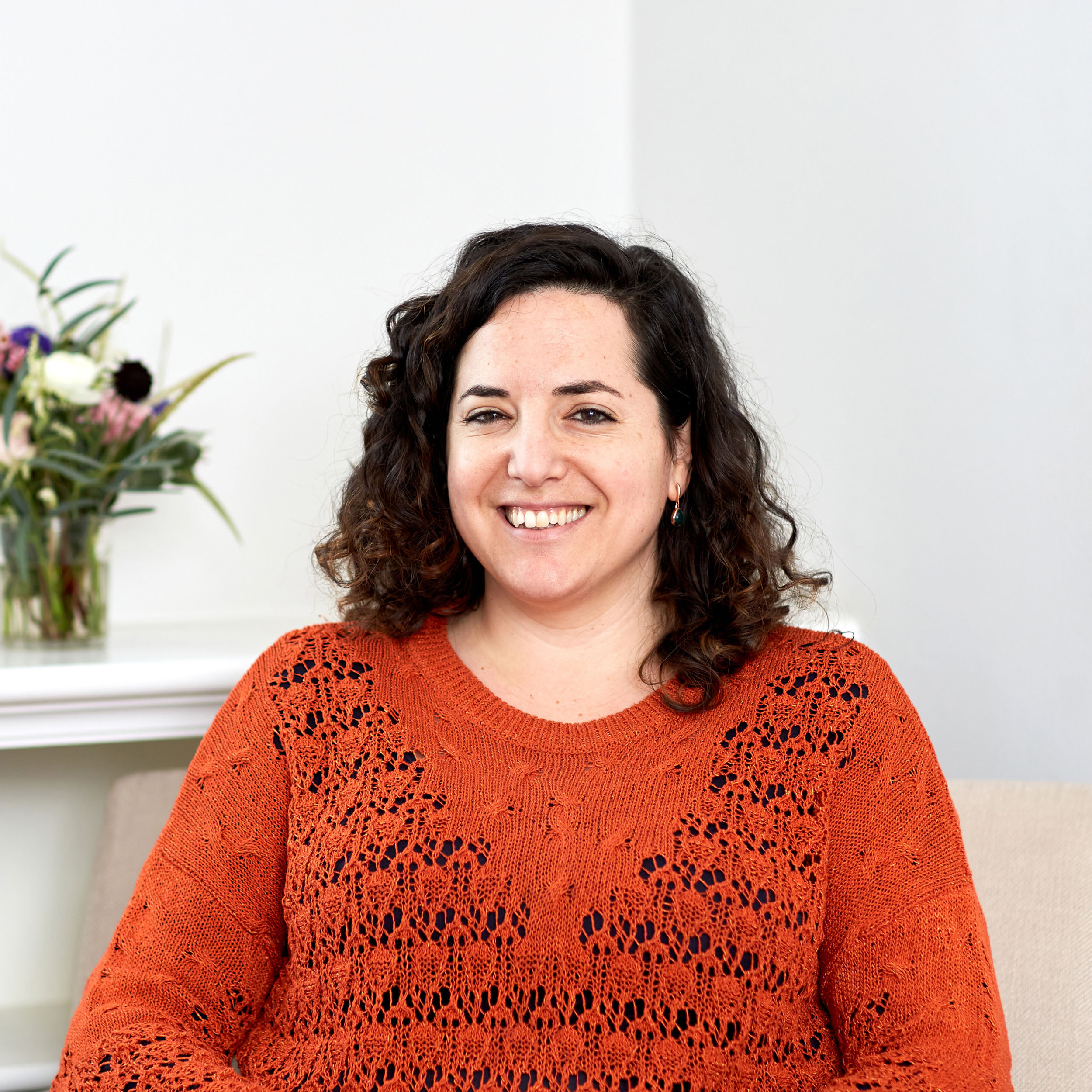Autism assessments for children in London
If you’ve noticed that your child is experiencing social challenges, showing sensory sensitivities, or communicating differently than their peers, these behaviours may suggest autism spectrum disorder (ASD). Our autism assessment, developed especially for children and young people, has been designed to provide insight into the unique way your child’s mind works.
During and after the assessment process, our aim is to provide both you and your child with practical strategies to deal with challenges. This approach will not only deepen your understanding of them but also boost their self-awareness, helping your child move through life with more confidence and in a way that’s true to who they are.
If you’re looking for an ASD assessment for yourself, we also offer ASD assessments specifically for adults.
Contact Us

Signs of autism in children
Recognising the signs of autism in children can play a key role in understanding their needs and how best to support them. Autism can present in different ways, and here are some of the behaviours you may have noticed:
- Anxiety around school – Children with autism often experience heightened anxiety about school. This can be due to various factors, including the social and sensory demands of the school environment. They may show signs of avoidance when it comes to going to school or participating in activities.
- Sensory overwhelm – Sensory sensitivities are common for children with ASD. They may feel overwhelmed by sensory experiences like loud noises, bright lights, or even certain textures. This can cause a lot of stress in environments that are sensory-rich, like classrooms or playgrounds.
- Difficulties socialising – This can manifest as difficulty understanding social rules, difficulties in making friends, or not showing interest in other children. Alternatively, some children with autism may show very open or uninhibited behaviour when socialising. For example, they might not recognise when they are being bullied or might struggle to understand social cues, like jokes or sarcasm. This doesn’t always mean they don’t want to make friends. In fact, many children with autism want connection but find fitting in a challenge.
- Repetitive behaviours and routines – Children with ASD can sometimes carry out repetitive behaviours and feel more comfortable in routines. They may get very upset if their daily schedule changes suddenly, for example.
- Communication challenges – Some children with autism might have delayed speech development. Others might speak but have difficulty engaging in back-and-forth conversations or using language in a typical way. They might take things very literally and have trouble understanding humour or figurative language.
- Intense hobbies and interests – Children with autism often have highly focused interests in specific topics or objects. These interests are usually intense and pursued with great passion and focus.
It’s important to remember that each child with autism is unique, and their experiences can vary a lot. Observing and understanding these signs can pave the way for better communication, more meaningful connections, and a supportive environment that allows them to thrive.
The benefits of getting an autism diagnosis for your child
Initial screening
An autism diagnosis can help bring clarity and a deeper understanding of your child’s unique way of experiencing the world.
Here are some of the key benefits of getting a diagnosis:
Greater awareness and understanding – For many, a diagnosis brings a sense of relief. It offers a framework for better understanding your child’s experiences and behaviours. This new awareness can lead to more self-compassion and understanding, and it can help you be more empathetic towards how your child relates to the world.
Choosing privacy – Choosing a private clinic diagnosis can give you more control over who knows about your child’s autism. This can be beneficial when it comes to navigating educational settings and support services. A private diagnosis allows you to choose who to inform and when, helping you manage your child’s privacy while also receiving the necessary support.
Tailored educational support – With a diagnosis, your child can receive tailored support in their educational environment. This might include individualised learning plans, adjustments in classroom settings, or specialised support services. These accommodations are designed to make learning and school life more manageable, and suited to your child’s unique needs.
Simply put, an autism diagnosis can open doors to better understanding and support. It’s about embracing your child’s unique perspective on the world and helping them move through life with the right tools to support their growth and development.

Getting an child autism test - what to expect
Understanding the process for an autism assessment can help make the experience smoother for you and your child. Here’s a step-by-step overview of what’s involved:
Initial screening
The first step is completing a screening questionnaire (AQ) for your child. Our team will review the responses and then let you know if we recommend going ahead with a full assessment.
Diagnostic observation
We will carry out an observation using the ADOS-2 (Autism Diagnostic Observation Schedule) with an ASD specialist. This session aims to assess your child’s communication, social interaction, and imagination. This appointment will be for your child only, lasting about 1 hour 30 minutes to 2 hours, and it takes place in person.
Developmental history interview
We’ll have a detailed discussion with you, the parents, about your child’s early years and development. This interview, informed by tools like the 3di or ADI-R, usually lasts between 1.5 to 2 hours. It can be conducted online or in person at our clinic, and only parents or guardians need to attend this part of the assessment.
Psychometric measures
As part of the assessment, your child will complete additional psychometric measures, selected specifically for them. This step helps us build a comprehensive understanding of your child’s needs.
Review
Our specialists will review all the gathered information and decide on the outcome. They will then create a detailed report, which outlines whether your child meets the criteria for an ASD diagnosis, including recommendations for next steps.
Feedback session
After the assessment, we’ll schedule a session to discuss the diagnosis and the findings from the assessment, as detailed in the report. We’ll also talk about any recommendations and support options. This session is an opportunity for you to understand the results and talk through any questions or concerns.
Throughout this process, our aim is to provide a supportive and understanding environment for both you and your child.
This assessment is a key step in identifying your child’s unique needs and how best to support their development and overall wellbeing.
How much does an autism assessment cost?
Our autism assessment package starts from £2100. Please contact us for further information.
Frequently asked questions
Understanding autism: is autism a genetic disorder?
When looking into what causes ASD in children, it can be helpful to understand that genetics play a significant role. This means if your child has autism, there’s a likelihood that it’s a part of their genetic makeup, just like other inherited traits.
However, autism isn’t just about genetics. It represents a unique way the brain develops and processes information, contributing to the diverse ways your child might experience the world and interact with others. This variation in brain development is a normal and natural part of human diversity, similar to the varied ways in which we all look, speak, and move.
These differences in your child’s brain can manifest in special ways of thinking, learning, and relating to others. Children with autism may have their own unique ways of playing, communicating, and seeing the world. This diversity in brain development is a testament to the wide range of human capabilities and perspectives.
Understanding your child’s autism as a part of this broader neurological diversity is key. It helps us appreciate and celebrate these differences rather than viewing them as deficits. This view not only fosters acceptance and inclusion but also highlights the unique strengths and contributions that children with autism bring to our world.
How to treat autism in children?
When it comes to treating autism in children, our approach is centred around providing a supportive and understanding environment, not just for the child, but for the parents as well. Recognising that each child with autism is unique, we emphasise the importance of a personalised approach to treatment.
Key to this approach is referring your child to a specialist child psychologist who can help them navigate their world. The psychologist will work closely with your child to help them understand themselves better, exploring how they perceive the world around them, and helping them develop more effective communication skills. This journey is about helping your child uncover their authentic self, especially important in a world where they may feel pressured to conform to societal norms.
For parents, we provide tailored support to help you understand how best to support your child. It’s about empowering you with knowledge and strategies to meet your child’s needs. This includes learning how to manage sensory sensitivities and emotional dysregulation, common challenges for many children with autism. These challenges are often responses to feeling overwhelmed or stressed, not inherent aspects of autism.
For children with autism, as with adults, therapy is a journey of self-discovery. Many children may not have had the opportunity to explore and develop their own authentic identity. Our therapy sessions offer a safe and supportive space for this exploration, aiding them in building an identity that is both genuine and fulfilling.
What are the subtypes of autism?
When we talk about autism we often hear about the idea of a spectrum, but a more accurate representation might be to think of it as a wheel, encompassing a continuum of diverse experiences and needs. In this wheel, everyone with autism is unique, and they experience things in their own way – this includes how they handle sensory stimuli like noise and lights, how they talk and communicate with others, how they understand other people’s feelings, and even how they move.
Some people with autism might find certain lights or sounds really overwhelming, for example, while others might not be bothered by them at all. In terms of talking and understanding others, some might find these things challenging, while others might not have as much trouble. And just like anyone else, physical coordination can vary too – some people might find certain activities like sports or handwriting difficult whilst others may not.
It’s also important to remember that the kind of support someone with autism needs can change from day to day. It’s not about thinking of autism as ‘mild’ or ‘severe.’ Instead, it’s about understanding what each person needs at different times to help them feel comfortable.
Understanding autism as this wide range of experiences and traits allows us to fully appreciate each person’s uniqueness and tailor our support to their specific needs.
How much does an autism assessment cost?
Our autism assessment package costs £2100. This includes:
- 2 hour diagnostic observation appointment (ADOS-2) – £1000
- 2 hour developmental history appointment (comprised of 1 hours with the client and 1 hour with the informant) – £850
- 1 hour feedback session, and a report sent a few weeks after this final session – £250
Does my child need a referral from their GP?
No, we accept self-referrals, meaning you can directly approach us for an assessment without needing to go through your GP first.
What are the signs of autism in girls?
Autism can present differently in girls compared to boys, and understanding these differences can be important for early diagnosis and support. Our clinicians are well aware of these nuances and always consider them during assessments, knowing that autism can be less apparent in girls than boys.
Studies suggest that autism is more frequently diagnosed in boys than girls, with ratios ranging from 2:1 to 16:1, although more recent estimates suggest a ratio closer to 3:1. This difference in diagnosis rates may be due to various factors, including the possibility that autistic traits in girls are often overlooked or misdiagnosed as anxiety.
Girls with autism often face unique social challenges. They might be expected to behave in certain ways to fit in socially, leading to a reliance on ‘masking’ their autistic traits. This process of masking involves hiding or disguising parts of themselves to better fit in with those around them. Unfortunately, this can often lead them to experience anxiety and depression.
Girls with autism may also find school challenging. While some girls with autism can form good friendships, they might socialise differently too, such as preferring speaking to friends online or socialising for shorter periods of time. Our team’s understanding of these differences is crucial to providing accurate assessments for girls.
Who can diagnose autism in children?
At our clinic, diagnosis will be carried out by our team of autism specialist psychologists. Our psychologists are not only experts in their field but they also possess a deep understanding of the complexities of autism spectrum disorders. Their expertise is grounded in years of specialised training and experience, enabling them to conduct comprehensive assessments and provide an accurate diagnosis.
Our team is experienced in recognising the various manifestations of autism and tailoring their approach to meet the unique needs of each child.
Our Team -Specialists in ASD


